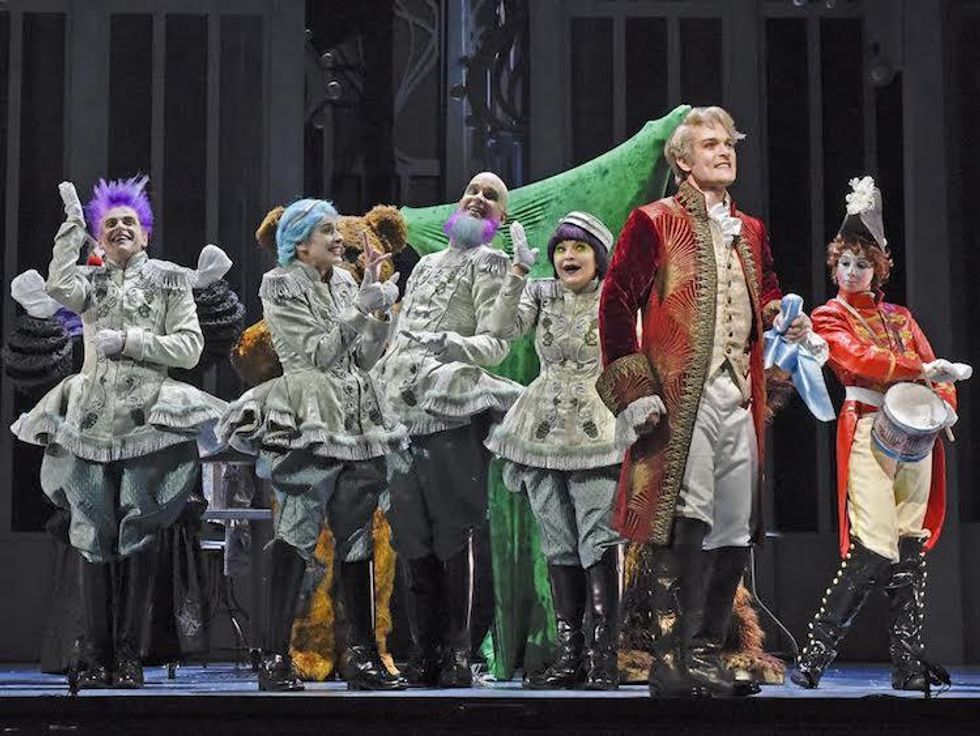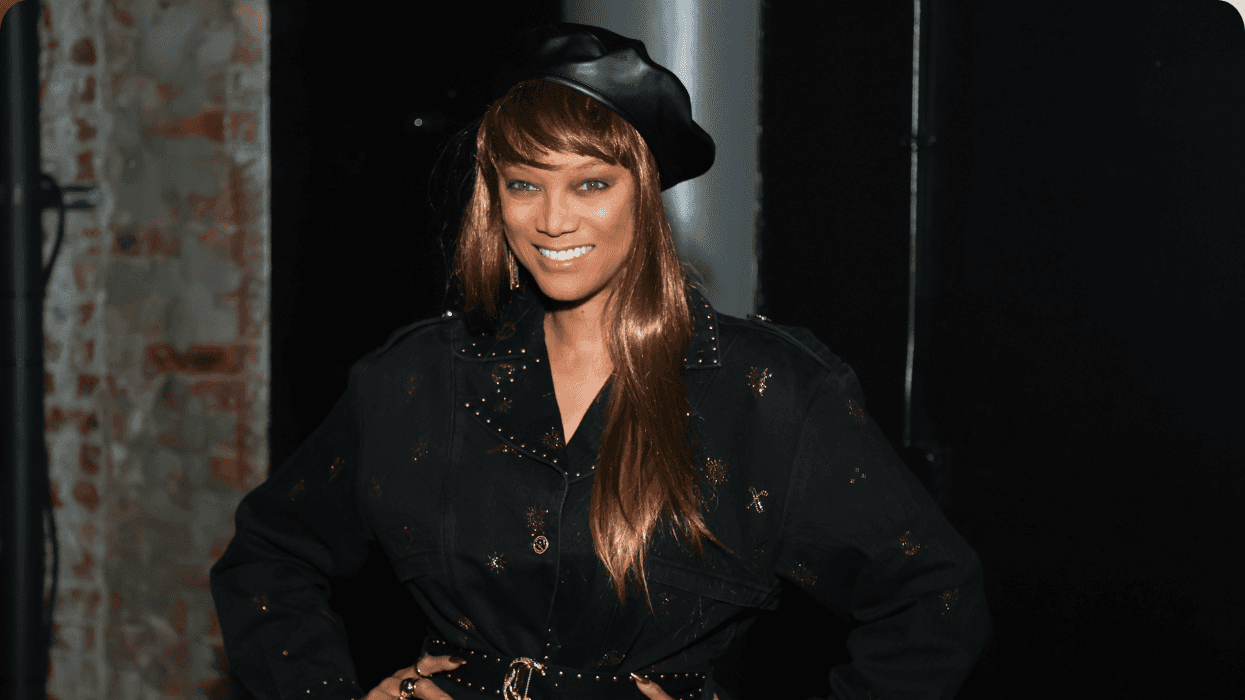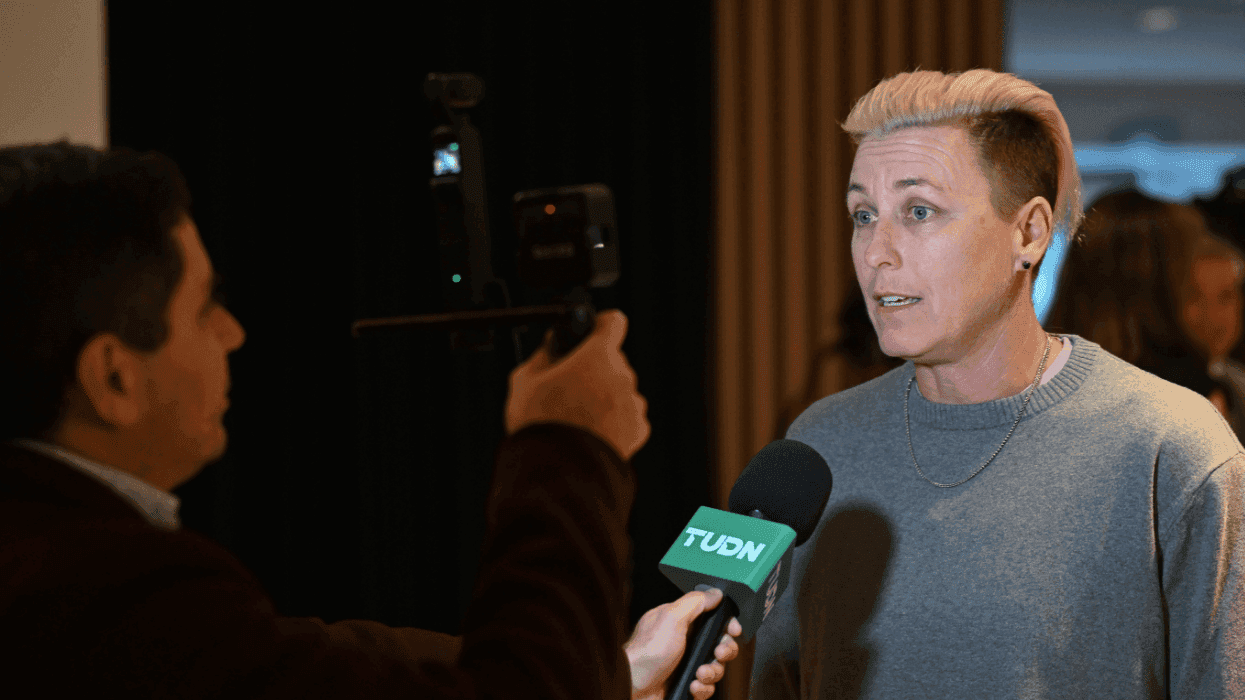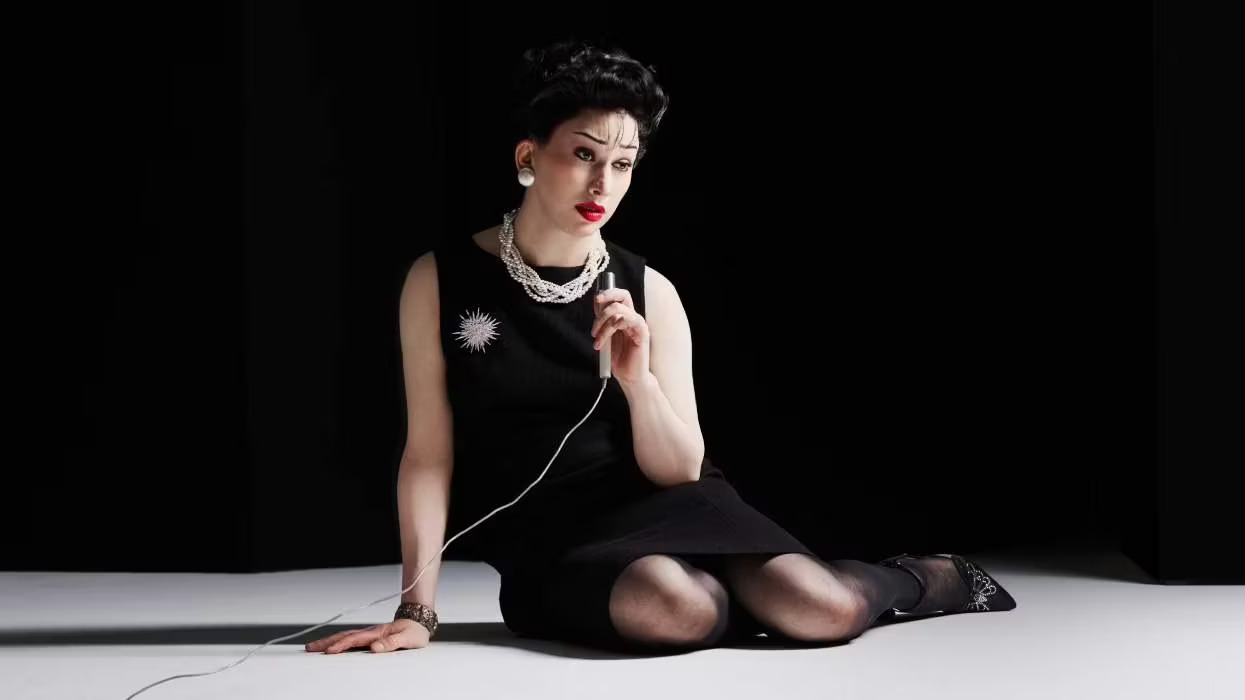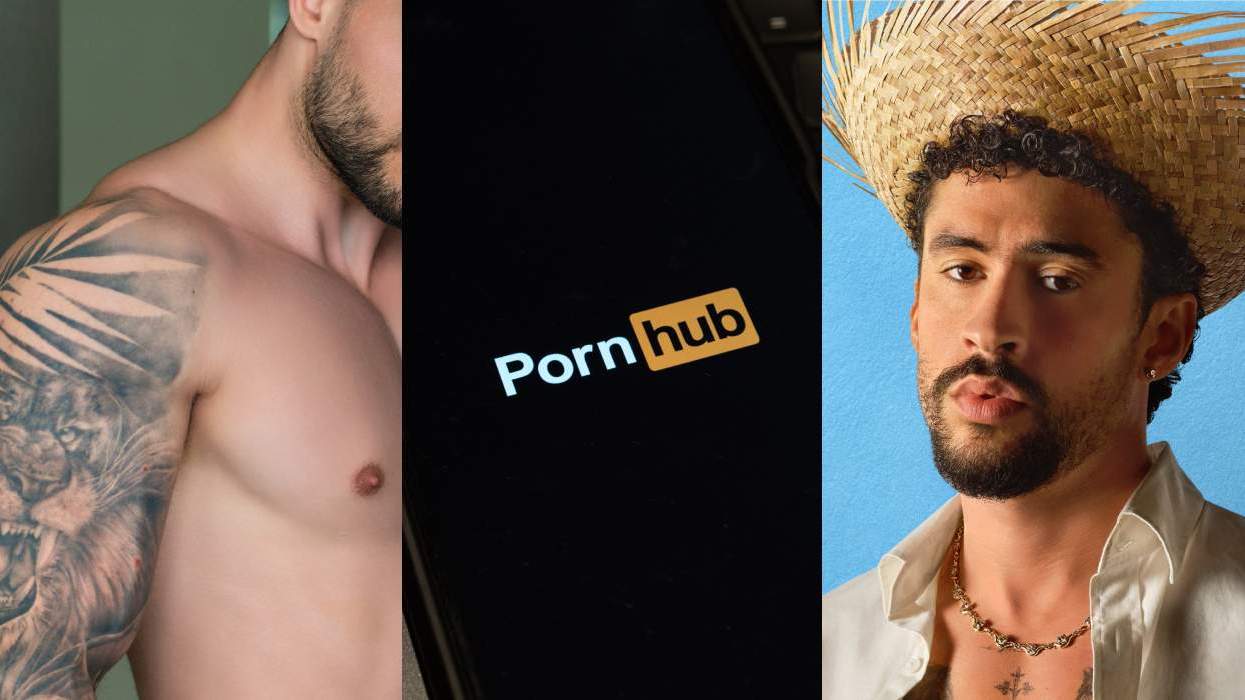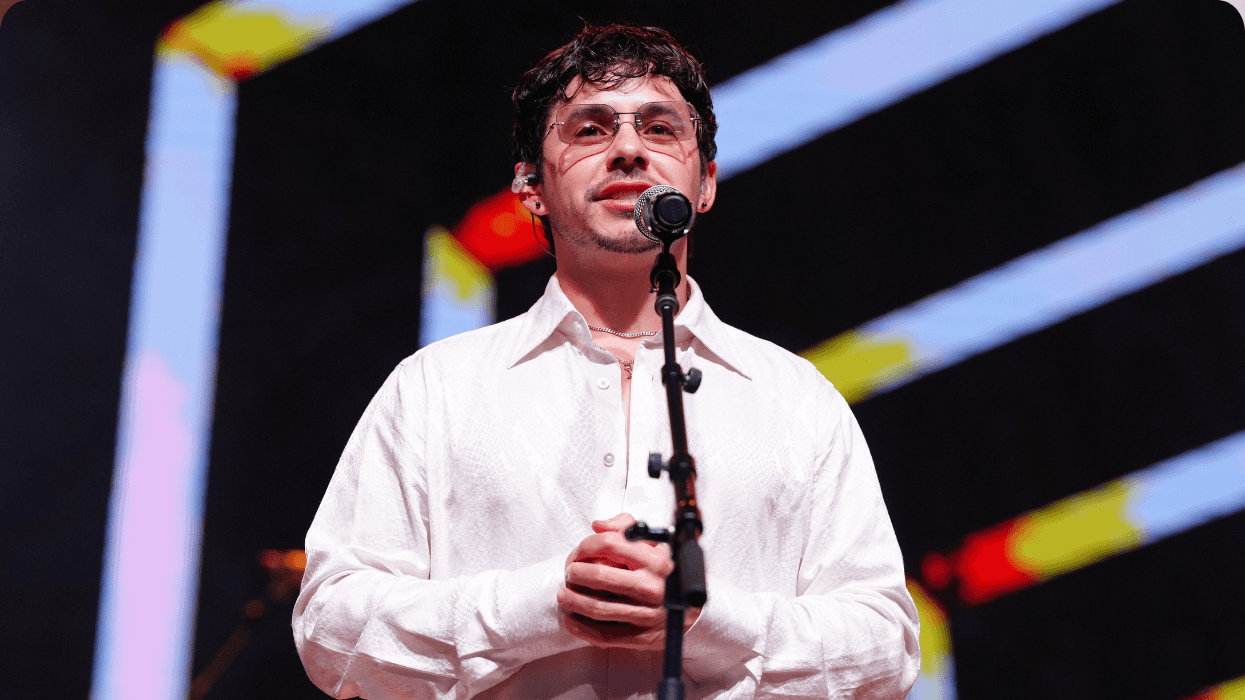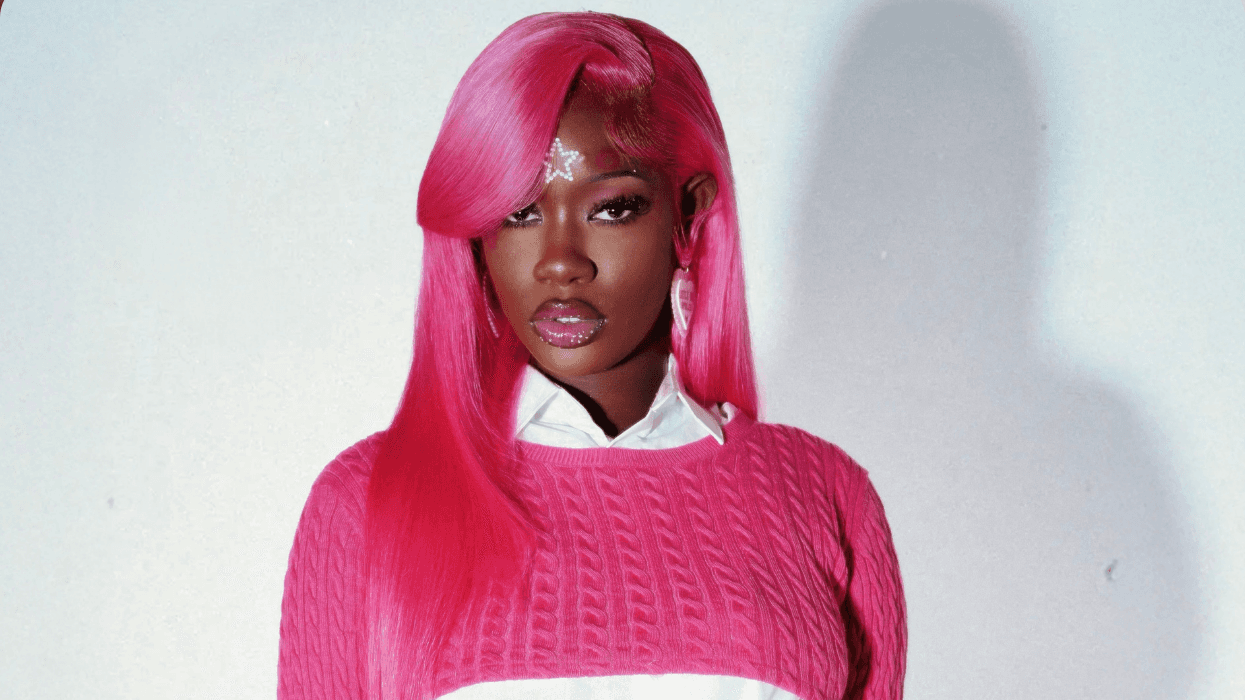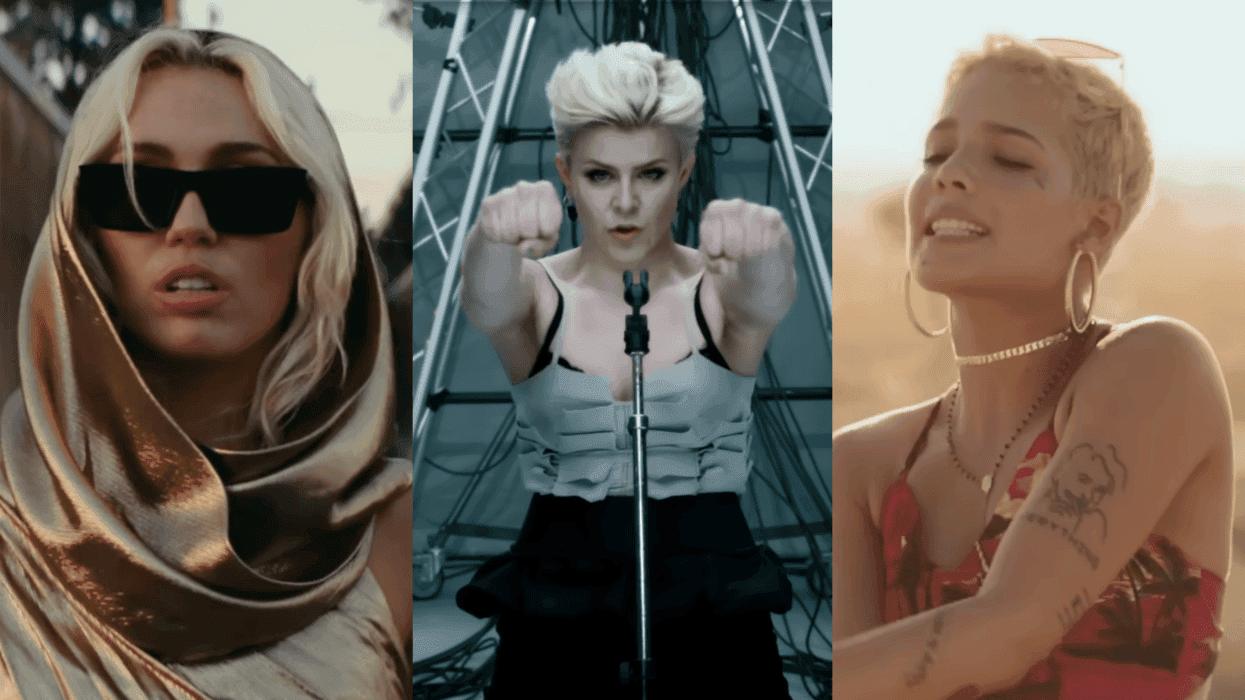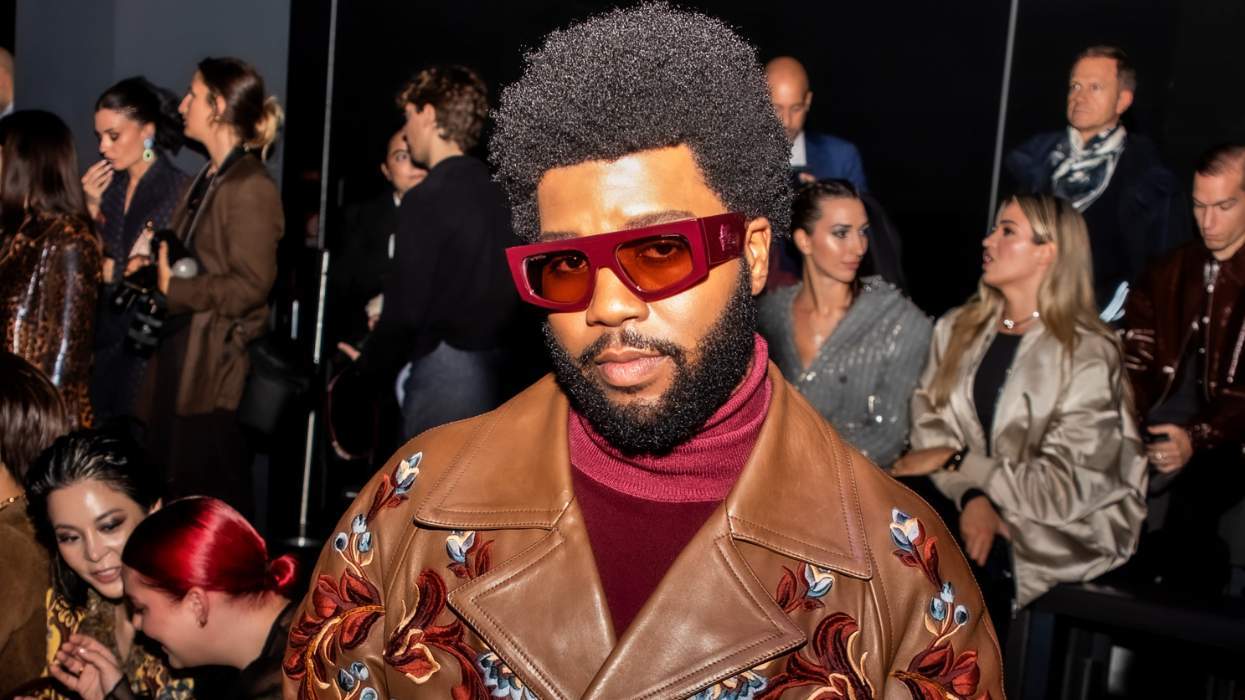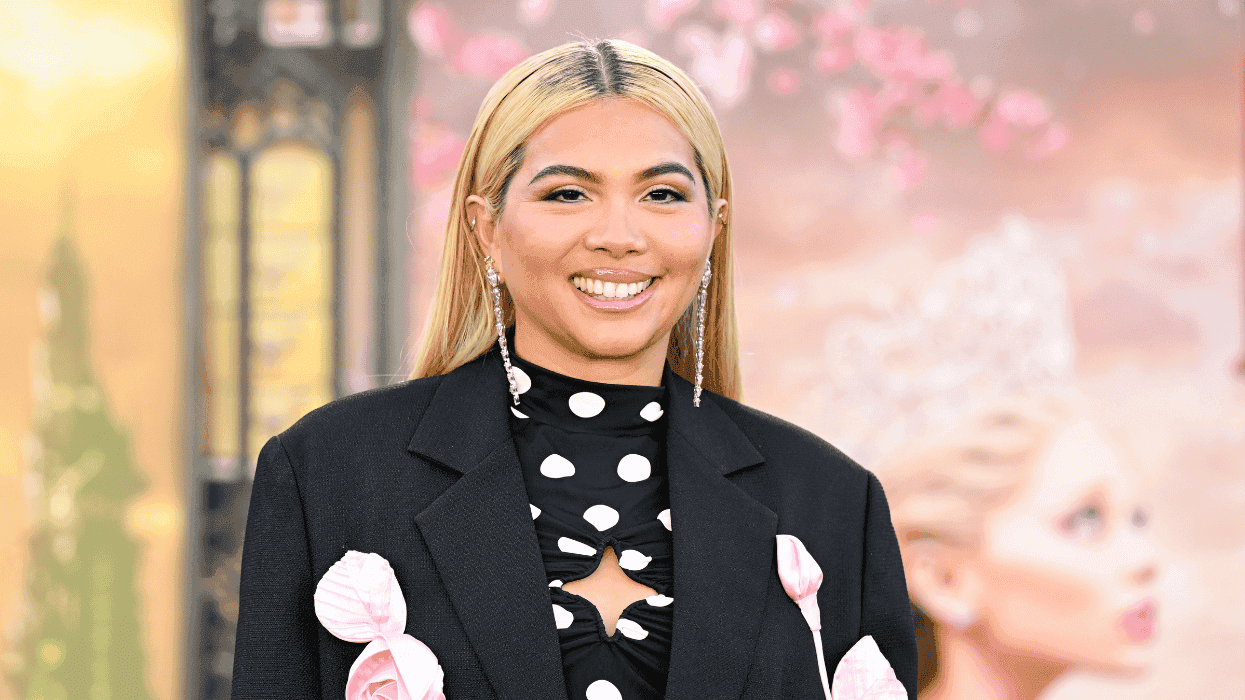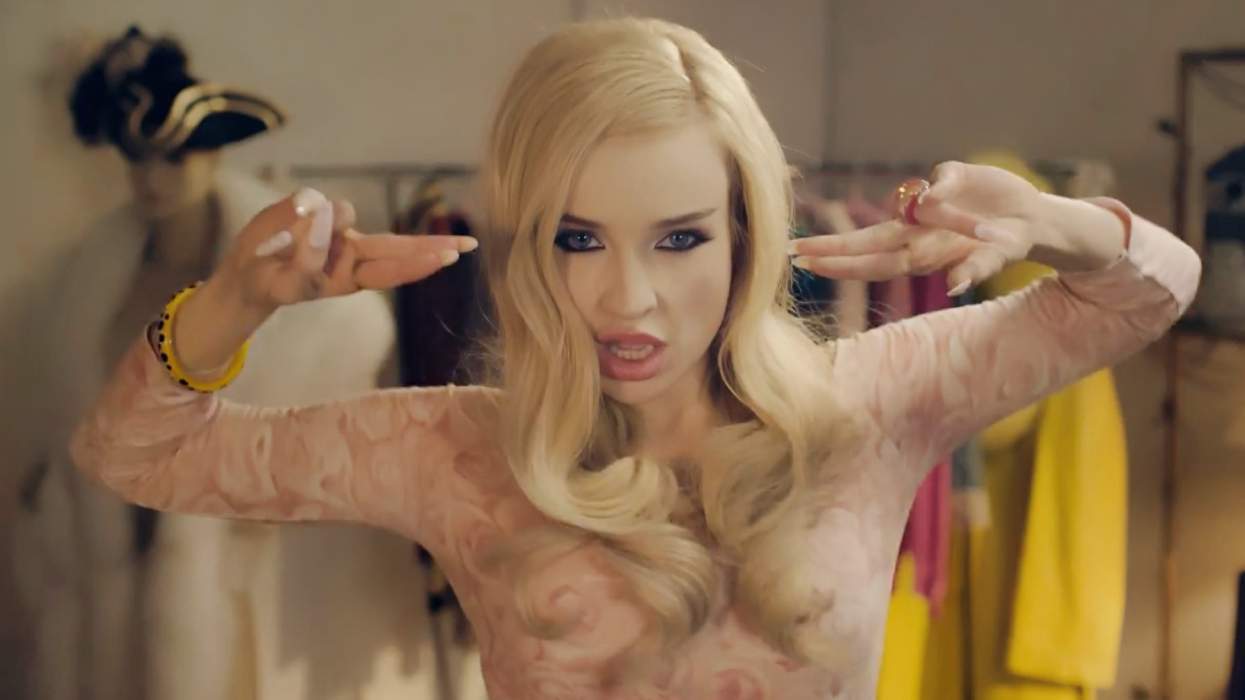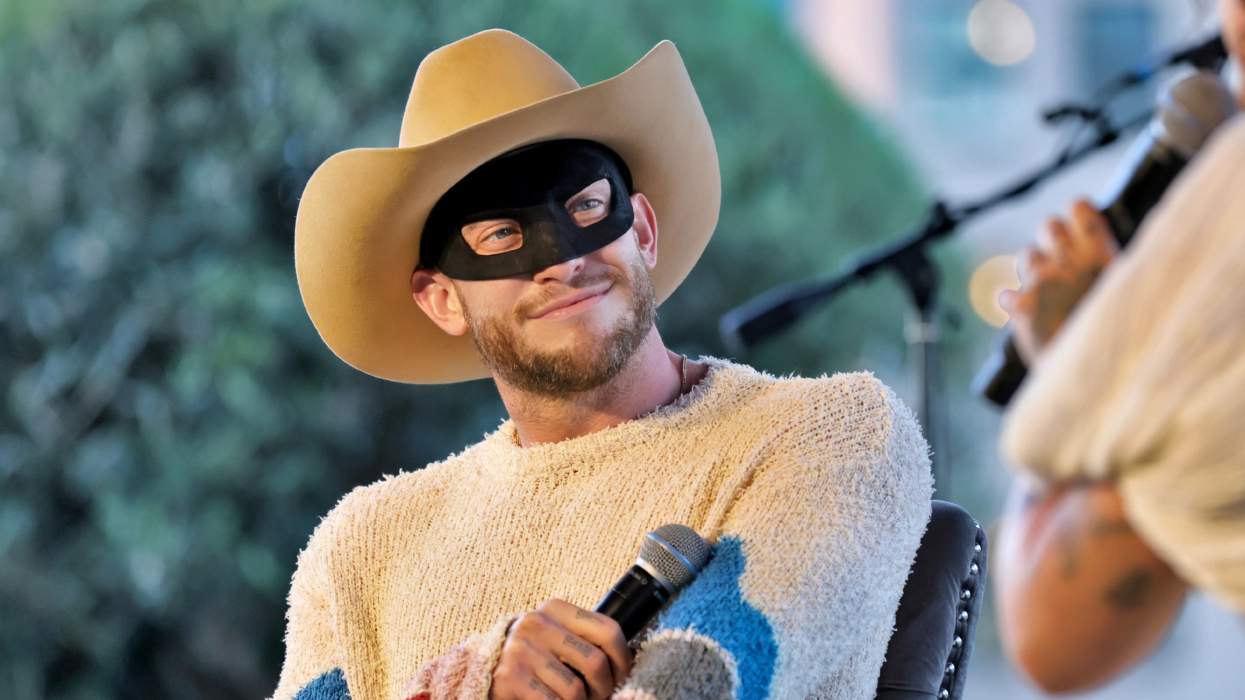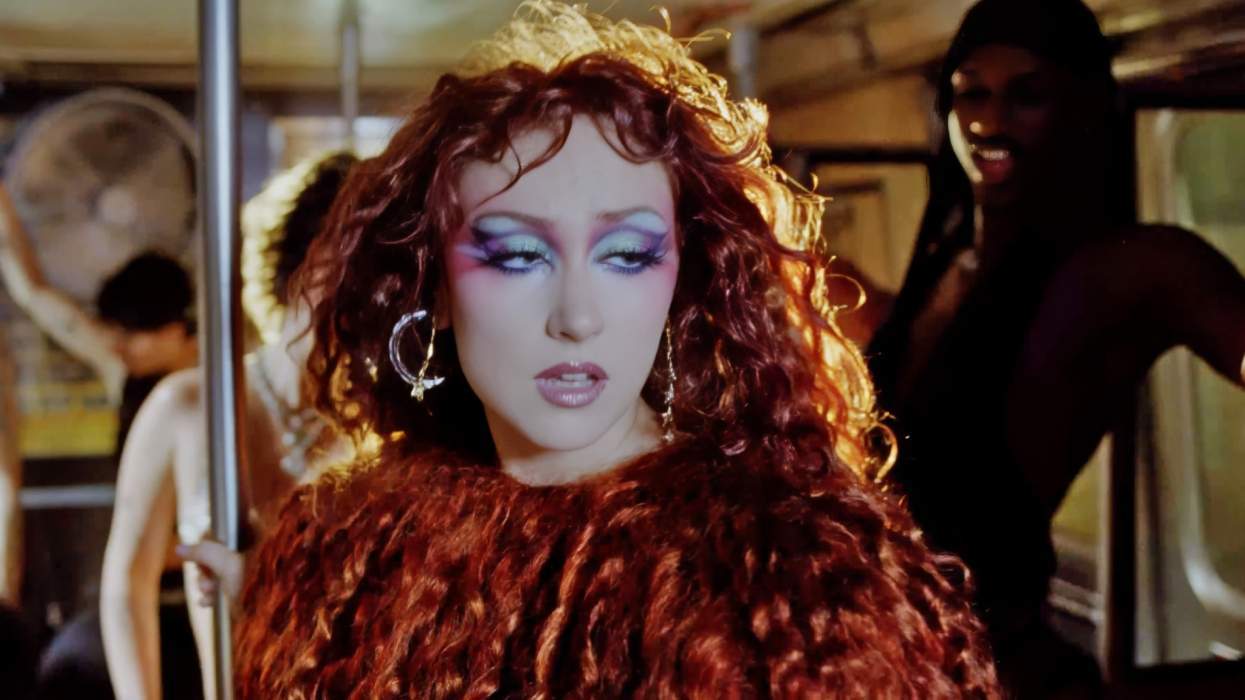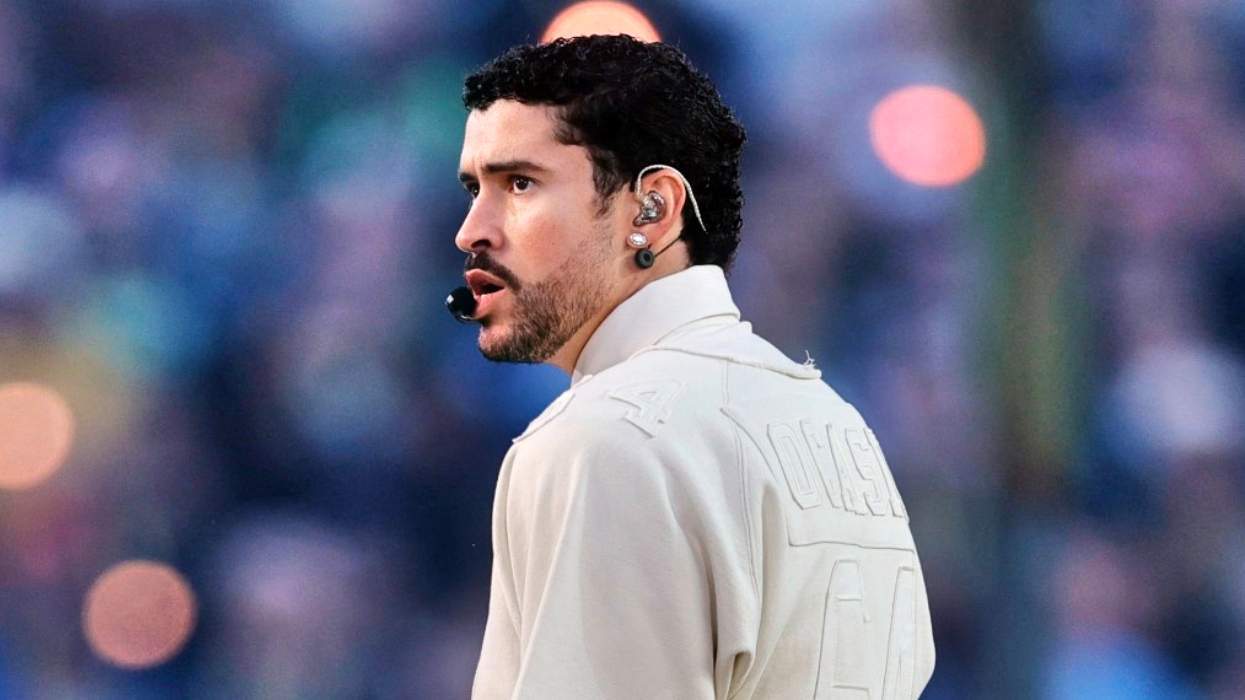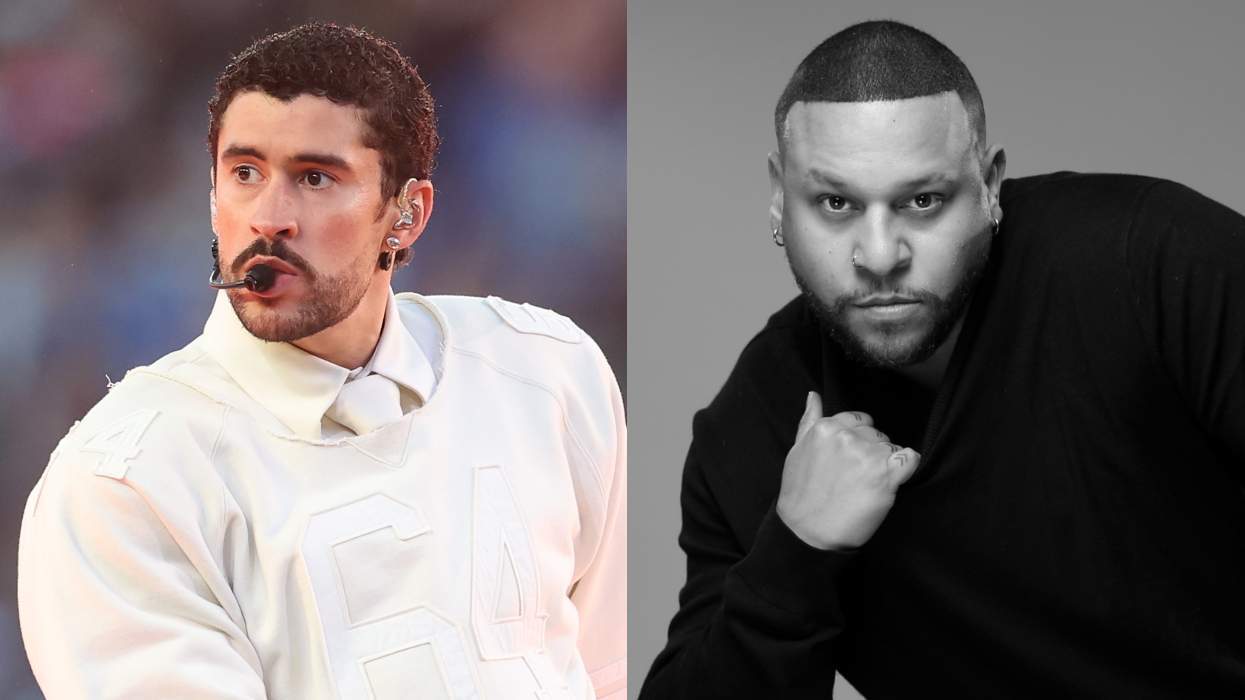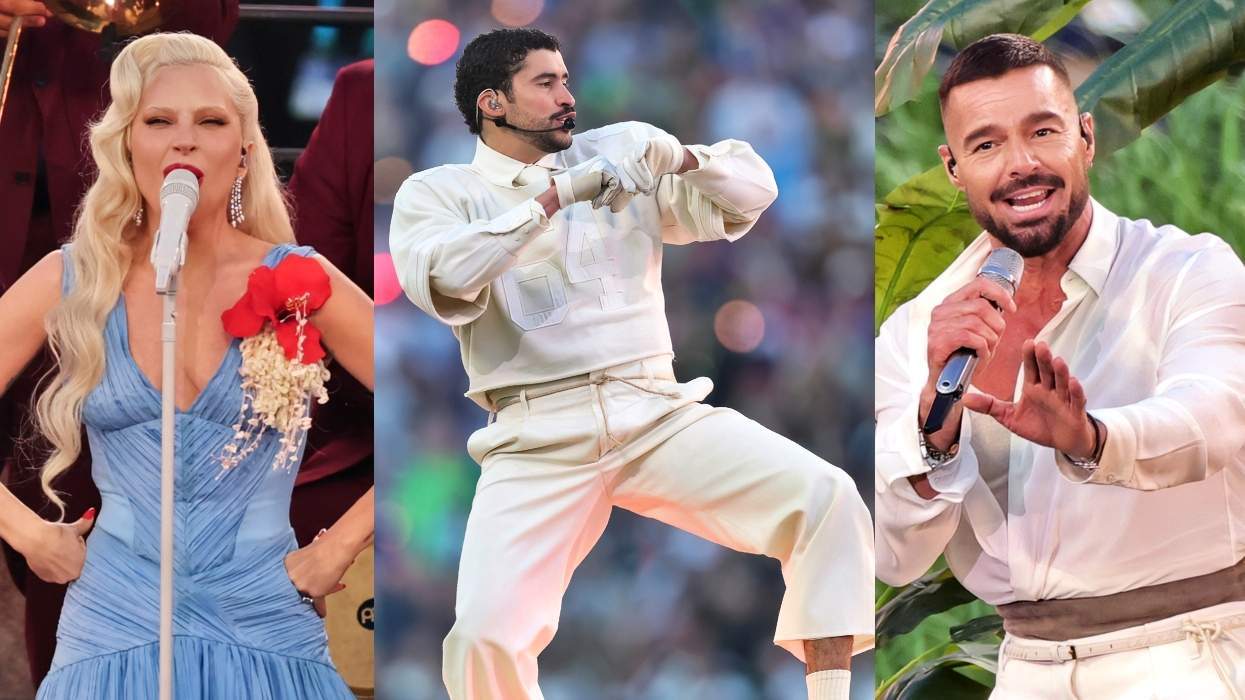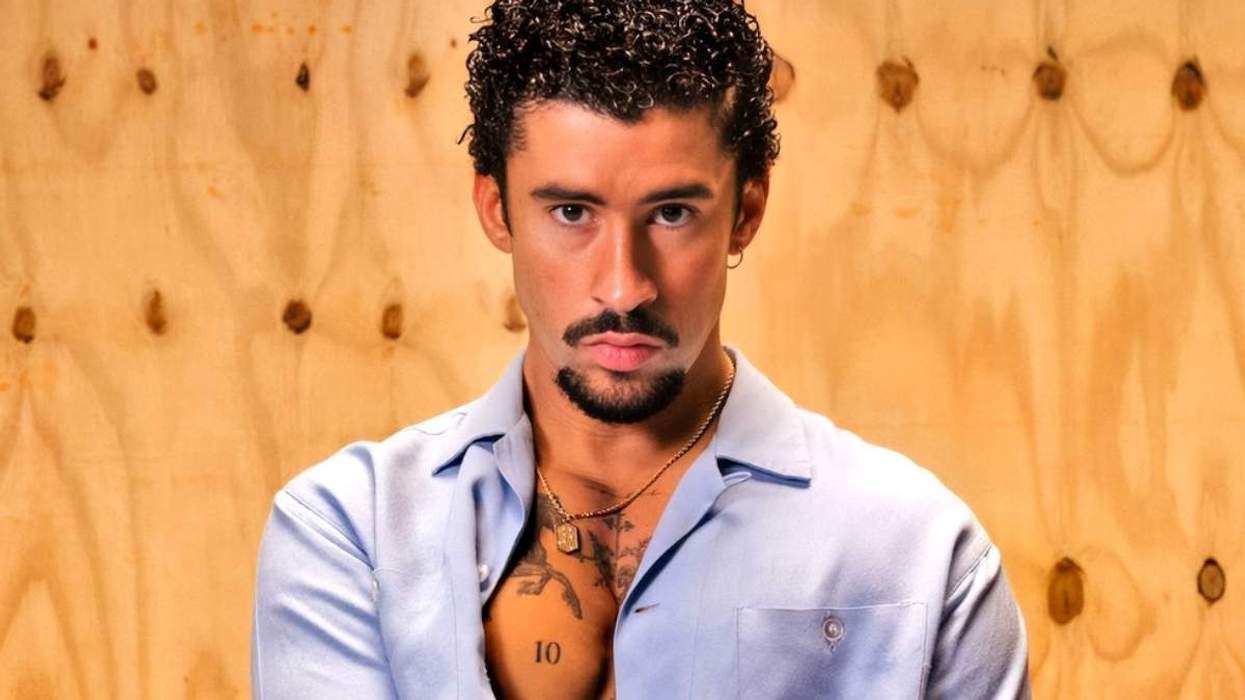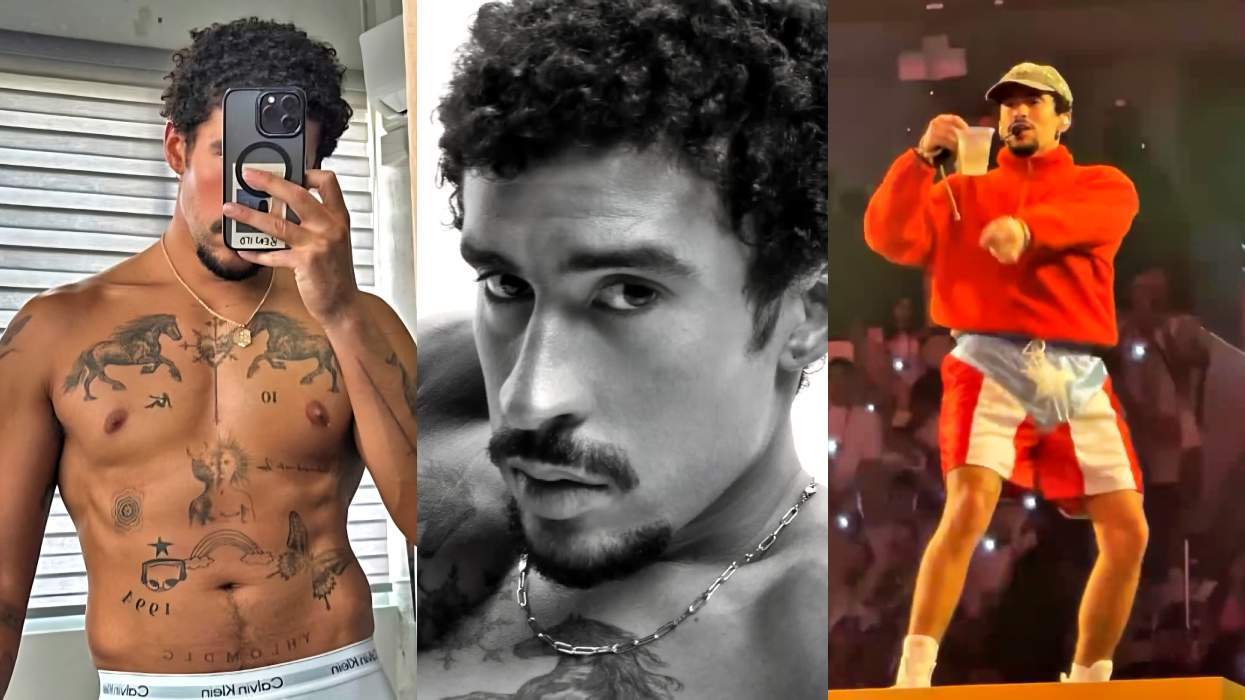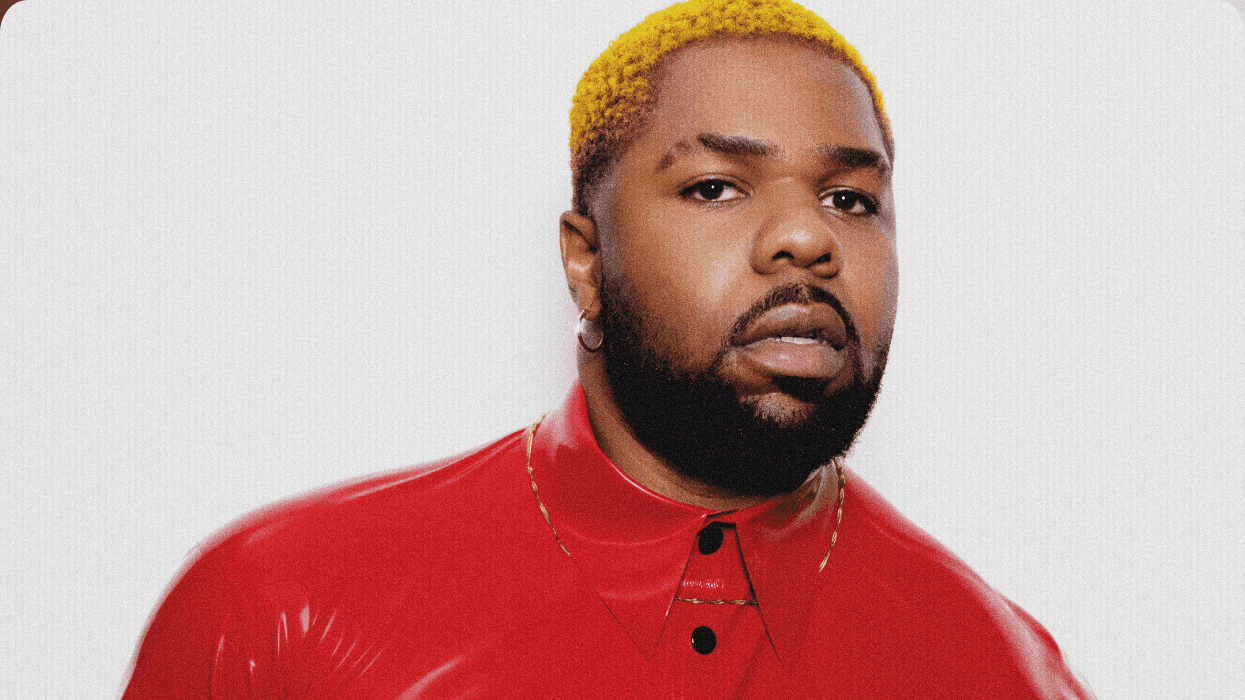Dallas Opera premieres Becoming Santa Claus this week just in time for the holidays. It's composer/librettist Mark Adamo's (husband to Grammy and Oscar-winning composer John Corigliano) fourth full-length opera and, playing the title role of Prince Claus, is rising tenor Jonathan Blalock. He spoke with Out to candidly discuss his sexuality, how he prepared for his latest role, and what LGBT audiences can expect from Adamo's holiday-themed origin story.
Out: How have you prepared for this role, since you're playing an angry and immensely confused 13-year-old prince with a father who was emotionally AWOL before he was physically out of the picture?
Jonathan Blalock: Since I was a young child, my father drove 18-wheelers for a living. He worked jobs that scheduled him on third shift or multiple days on the road, so we often didn't see him at all during the week. I can't relate to princely riches, but I can empathize with the pain Claus must feel when he misses his father. I think any queer person can identify with some kind of deep pain and a feeling of being misunderstood. We were taught to hide our feelings because they're somehow unnatural or evil.
Prince Claus isn't honest about the anguish he feels, and he obsesses over gifts in order to distract himself from the void in his heart. Ultimately Claus realizes that life isn't fair; and yet, we must continue. He finds a way to channel his pain into a purpose. This is precisely why I sing. I've endured difficult situations, but my goal is to learn from the pain, to grow as an artist and to bring joy to those in the audience who might be hurting.
Seeing as the opera features four prominent elven roles and has a singing donkey, I'd gather there is definite camp element to the show, but what can LGBT audiences expect from Becoming Santa Claus?
Most of us in the creative team are queer, and the elves include some subtle references to gay icons, including Ann Miller and Bob Fosse. (I know Fosse wasn't gay, but the gays will of course appreciate that Fosse-inspired choreography from our brilliant director, Paul Curran) Prince Claus is only a child, but early in the show he "reads" the elves just like a skilled contestant on RuPaul's Drag Race. The library at the north pole is open! We feature much pageantry in our production, but our aesthetic will not be just like a trip to Macy's or the Radio City Christmas Spectacular. Our talented designer [Gary McCann] took those traditional holiday elements and created something original, gorgeous and whimsical.
Do you think the stigma concerning openly gay opera singers has completely lifted in the business as of late?
As a leggiero tenor, I'm often competing for romantic leading roles (opposite a young soprano). Occasionally, if I'm not cast, I wonder if my sexuality might have been a factor, but truthfully it's only one of about a thousand elements going into a decision like that. We all want to see riveting, believable relationships onstage. However, I think that has nothing to do with a performer's sexual proclivities.
How many times have you seen a straight man and a straight woman share the stage as lovers in a story, but they have zero chemistry? Ironically, I think my ability to play a straight lover onstage has grown since I came out of the closet. Owning my sexual identity allows me to be more vulnerable and sensitive onstage. If I'm not truthful in my personal life, how can I be authentic in an opera?
The bigotry against LGBT singers has died down considerably, but I still see traces of intolerance in the world of opera. A few of my gay singing colleagues say they won't discuss their personal lives in interviews. Strangely I never hear this line from straight co-workers. Is that just a coincidence? I think not. So when someone like countertenor David Daniels proudly thanks his partner (now husband) and blows him a kiss during an international HD opera broadcast, it's still a brave and meaningful statement.
What other aspects of this opera will appeal to the queer community?
Just like my favorite Pixar films, Becoming Santa Claus speaks to more than just one demographic. Children, adults, gays, and straights will all find something to love in the story. The kids will love the special effects and the goofy elves, and every "queen" in the audience will be gagging over our own queen Sophine's glamorous costumes. One chic look features a 10-foot train, and she grows beautiful icicles out of her hair! Mark weaves jokes throughout the libretto, and he occasionally peppers the dialogue with polari, such as "throwing shade."
In the finale, Mark includes a clever and touching nod to the T and Q of our LGBTQ acronym. I wept when I first read this portion of the libretto, and several of us still can't get through the final scene without crying. There's a void for an enduring holiday classic opera, and I think Becoming Santa Claus could be the perfect answer. I would even be bold enough to say that Adamo has created a show that will work well for audiences around the world, and I think we could enjoy the story throughout the year.
The Dallas Opera presents Becoming Santa Claus Dec. 4-12 at the Winspear Opera House, Dallas. 214-443-1000. DallasOpera.org. Watch a clip below:



